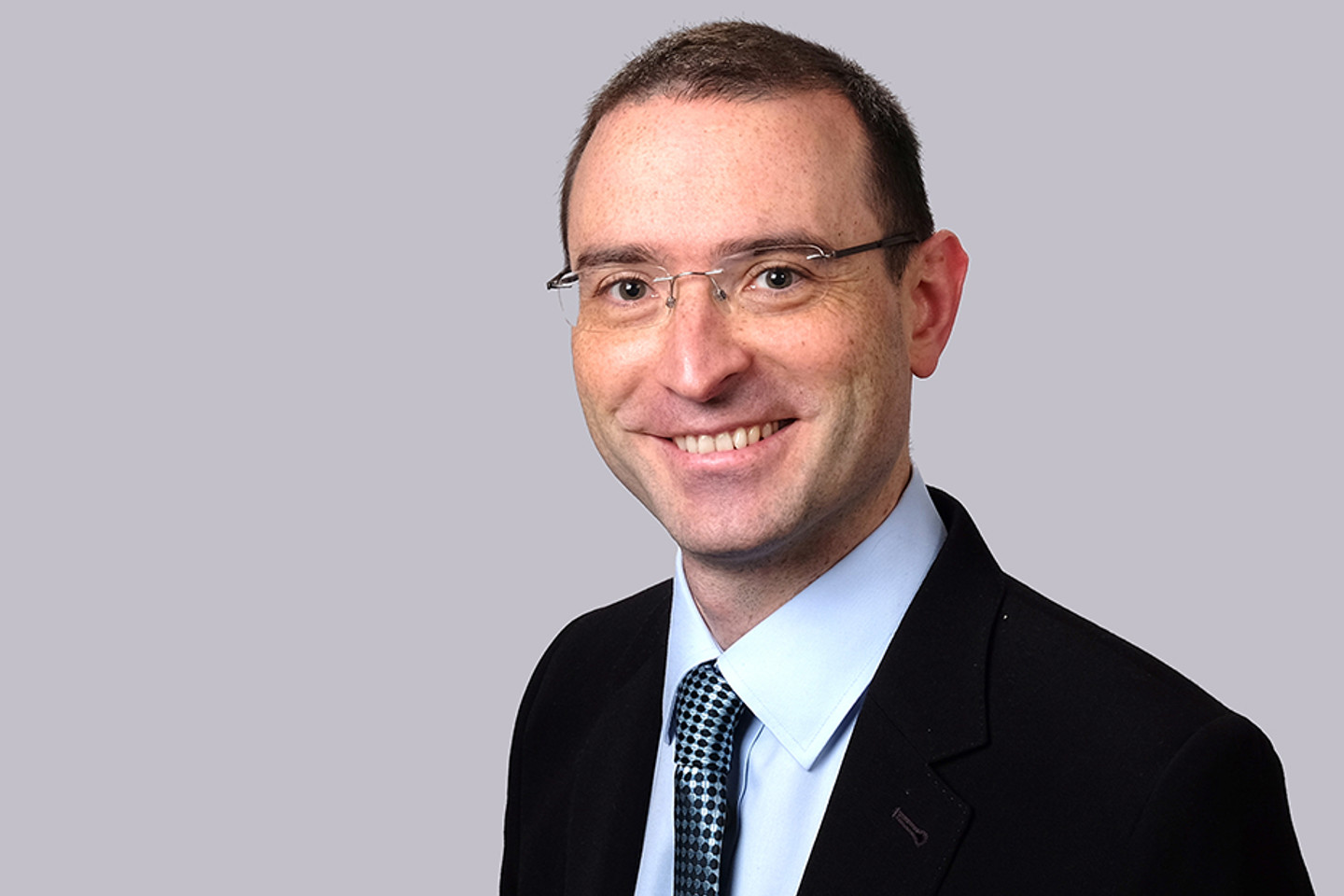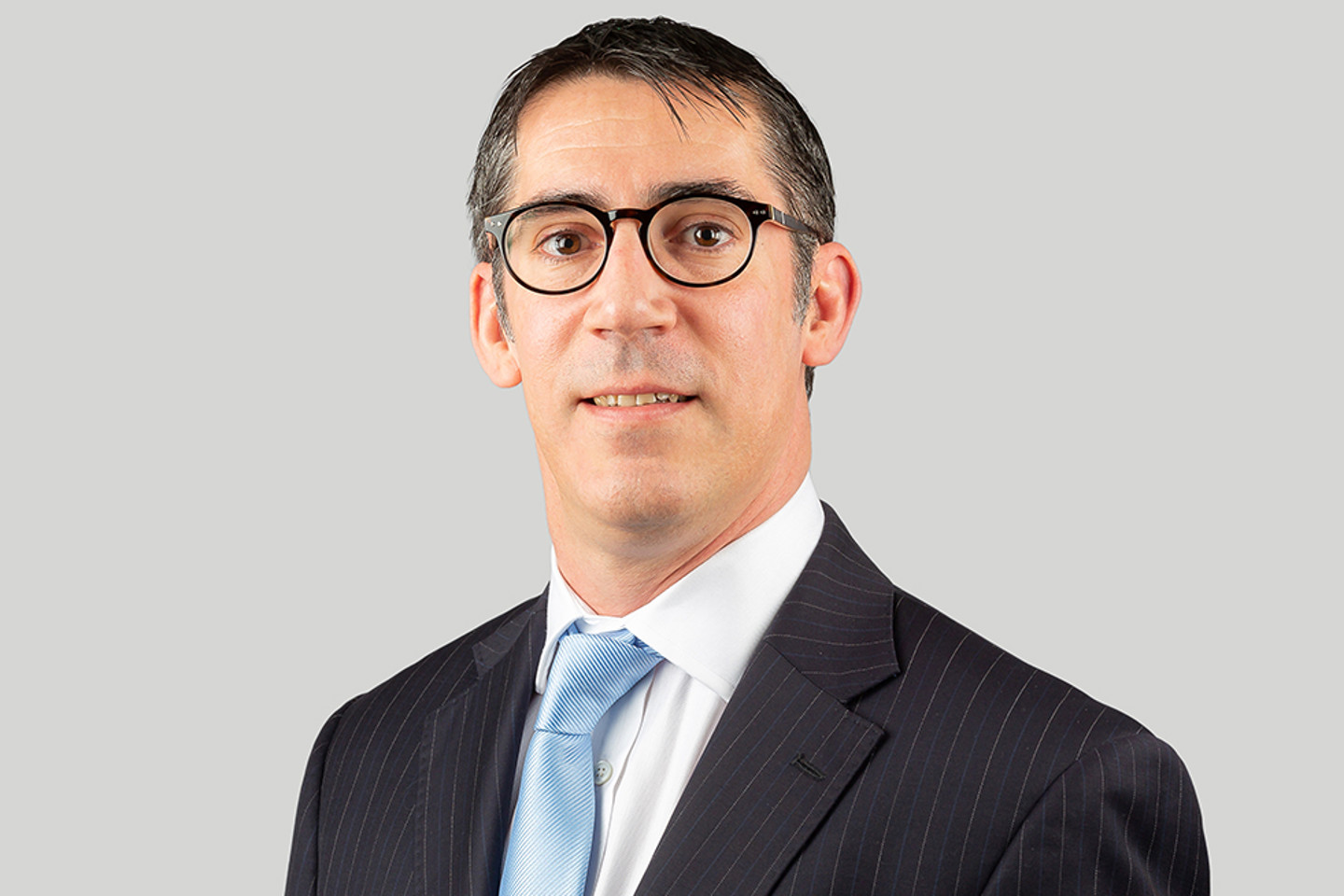
Bryan De Verneuil-Smith
Partner | Legal
Guernsey

Bryan De Verneuil-Smith
Partner
Guernsey
No Content Set
Exception:
Website.Models.ViewModels.Components.General.Banners.BannerComponentVm
Summary
The English Court of Appeal has clarified in Garcia v Marex Financial Ltd ("Marex") [2018] EWCA Civ 1468 that the rule against reflective loss does apply to claims by unsecured creditors who are not shareholders in the relevant company.
Facts
Marex, a foreign exchange broker, claimed that Mr Sevilleja was the ultimate beneficial owner of two BVI companies who were clients of Marex. Marex sued the two BVI companies and obtained a judgment in its favour against them in excess of US $5million which was handed down on 26 July 2013. It obtained a freezing injunction against them on 14 August 2013 but the disclosure of assets pursuant to the order revealed insufficient assets to satisfy the judgment. Marex claimed that Mr Sevilleja had asset stripped the companies between the date of judgment and the freezing injunction. By doing so Marex claimed that he had committed two torts of knowingly inducing and procuring the companies to act in wrongful violation of Marex's rights and of intentionally causing loss to Marex by unlawful means. Marex obtained permission to serve proceedings based on these causes of action on Mr Sevilleja outside the jurisdiction. On 5 October 2016 Mr Sevilleja issued his application to set aside service disputing the jurisdiction. In his judgment deciding the jurisdiction challenge Knowles J made two findings which were appealed. The first finding was that Mr Sevilleja had committed the torts as alleged. The second was that Marex was not barred from showing a completed cause of action in tort by the rule against reflective loss. Mr Sevilleja appealed both findings but was only given permission to appeal the second finding relating to the rule against reflective loss.
Held
The Court allowed the appeal on the basis that the rule of reflective loss did apply to unsecured creditors who were not shareholders. Marex was thereby barred from recovering the judgment debt, together with interest and costs.
The correct ambit of the rule against reflective loss
The Court carefully analysed the rationale and scope for the rule and how these have been extended since the genesis of the rule in the decision of the Court of Appeal in Prudential Assurance v Newman Industries (No. 2) [1982] 1 ch 204.
The Court concluded that there was a four-fold justification for the rule which emerges from the authorities:
Since it regarded the justification and ambit of the rule to be so wide, the Court found no reason to draw a principled distinction between a claim by a shareholder who is also a creditor and a claim by any other creditor who is not a shareholder. Flaux LJ said:
"The artificial distinction between shareholder creditors and non-shareholder creditors is anomalous and, in my judgment, the rule should apply to all creditors of the company in cases of reflective loss such as the present, the considerations which justify the rule being equally applicable to all creditors."
The ambit of the exception to the rule
The Court then considered the exception to the rule in Giles v Rhind [2002] EWCA Civ. 1428 to ascertain whether it applied in this instance. The exception covers the situation where the company has been forced to abandon its claim against a wrongdoer due to his wrongdoing. Flaux LJ said the exception only applies in limited circumstances where the wrongdoing of the defendant has been directly causative of the impossibility the company faces in bringing the claim. In addition, the impossibility or disability must be a legal one. For example, if by an injection of funds by a third party (a creditor or shareholder) it is possible for the company to bring the claim or the company can assign it to a third party, then the exception is not brought into play. On the facts, the Court decided that Marex could not establish that the wrongdoing of Mr Sevilleja had caused it to be legally or factually impossible for the Companies to bring a claim against him and therefore Marex came "nowhere near" satisfying the test for applying the exception.
Comment
In Guernsey, the extent to which the rule against reflective loss is part of Guernsey law is still uncertain following the judgment of Lieutenant Bailiff Marshall in Jefcoate v Spread Trustee Company Limited 42/2014 (which concerned losses to a company owned by a discretionary trust).
In Jersey, the Royal Court affirmed that the reflective loss principle set out in Prudential Assurance forms part of Jersey law (Freeman v Ansbacher 2009 JLR 1). However, the Royal Court also concluded that it was strongly arguable that the principle did not apply in relation to a discretionary trust.
Nevertheless, it is likely only a matter of time before a case, outside the trust context, possesses facts which justify the application of the rule. When this occurs, it is hoped that the Guernsey and Jersey Courts will consider following this English Court of Appeal judgment in determining the rule's application and proper scope.

Bryan De Verneuil-Smith
Partner | Legal
Guernsey

Bryan De Verneuil-Smith
Partner
Guernsey

Damian Evans
Partner | Legal
Jersey

Damian Evans
Partner
Jersey
Ogier is a professional services firm with the knowledge and expertise to handle the most demanding and complex transactions and provide expert, efficient and cost-effective services to all our clients. We regularly win awards for the quality of our client service, our work and our people.
This client briefing has been prepared for clients and professional associates of Ogier. The information and expressions of opinion which it contains are not intended to be a comprehensive study or to provide legal advice and should not be treated as a substitute for specific advice concerning individual situations.
Regulatory information can be found under Legal Notice
Sign up to receive updates and newsletters from us.
Sign up
No Content Set
Exception:
Website.Models.ViewModels.Blocks.SiteBlocks.CookiePolicySiteBlockVm